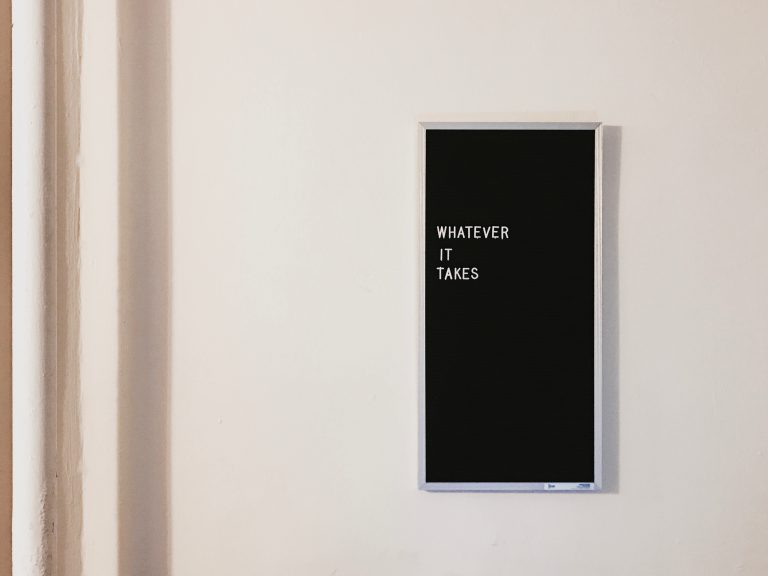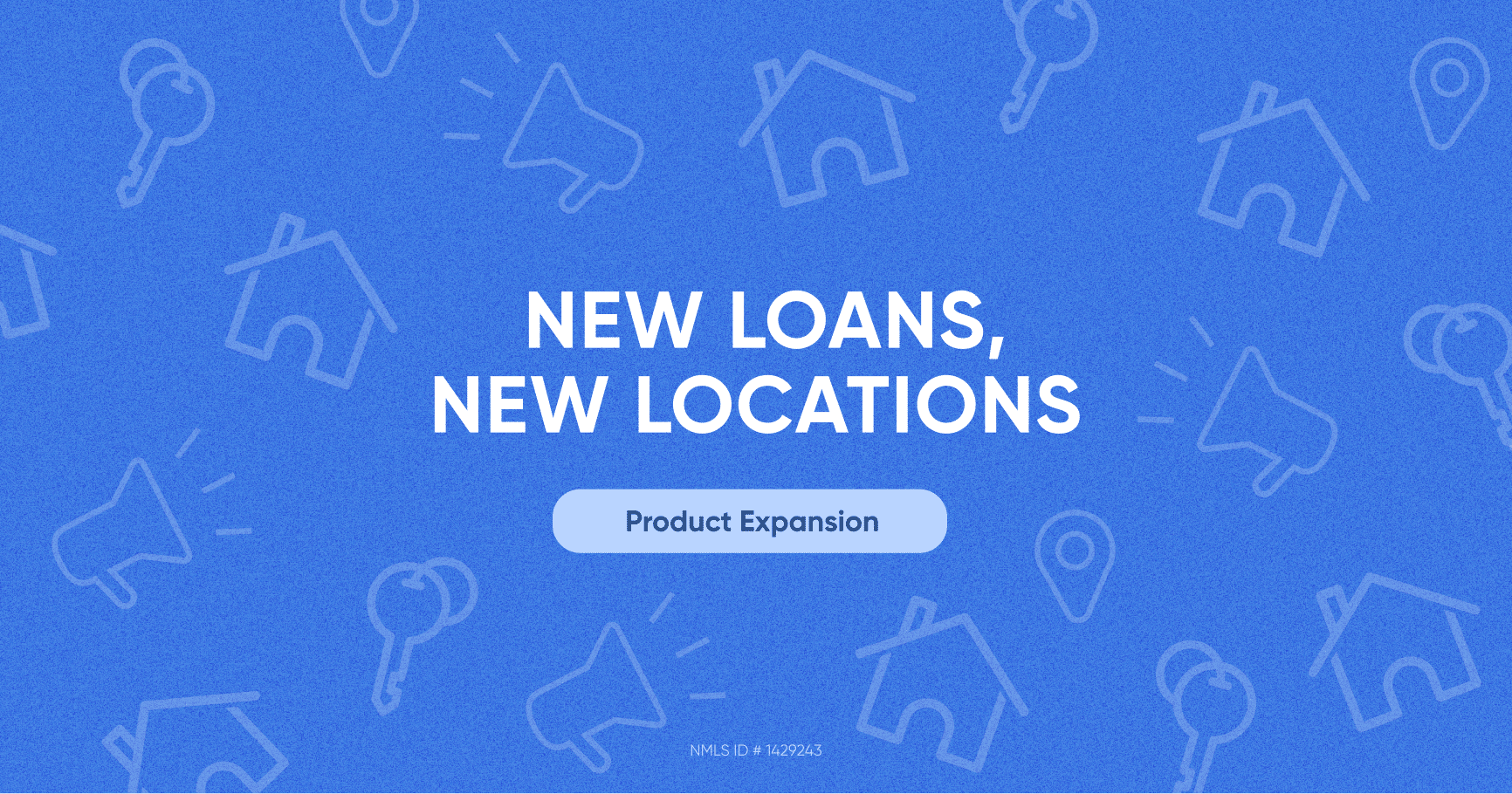You’ve decided that you’re ready to be a homeowner. Now, you need to convince a lender to give you a mortgage.
As you might imagine, lenders aren’t keen to give tens or hundreds of thousands of dollars to just anyone. To qualify for a mortgage, you’ll need to show potential lenders that you’ve got a good grip on your personal finances, and that you can afford a monthly mortgage payment with room in your budget to spare. Any false steps during your mortgage application could jeopardize your ability to get financing from a lender. (Ready to plan for the future? Check out our start-to-finish guide to house hunting here.)
The bad news is that plenty of would-be homeowners mess up their mortgage prospects before they even begin putting their applications in order.
The good news? With a little bit of foresight and advanced planning, you don’t have to be one of them. Check out these tips for things you don’t want to do before you get a mortgage.
Don’t Quit Your Day Job

Hate your boss? Considering a job offer from a new company? Thinking about starting your own business? Follow your dreams, kid—but maybe wait a bit before you try to buy a home. Mortgage lenders are happiest loaning money to borrowers with boring, predictable, steady incomes.
Most mortgage lenders are going to want to see that you’ve had a job in the same field for at least two years. Newly minted grads with professional degrees and high salary job offers in hand can sometimes wiggle around employment history requirements.
If you already work for yourself or own your own business, be prepared to show potential lenders several years of profit and loss statements squarely in the black. (Check out our checklist of documents you’ll need for your mortgage application here.)
Serial job-hoppers and career-changers will have a tough time convincing a lender that their lives are stable enough to handle regular mortgage payments. So if you’ve got a choice about sticking it out with your current gig or hunting for a new one? Think about whether you might be better off waiting until after you’ve purchased a home to start your job search, or whether it might be wiser to postpone your house hunt until after you have found and settled into a new job.
Of course, some changes in work status can’t be avoided. A sudden job loss or illness can upend your home-buying plan in a hurry. If you’re already in the process of buying a home and finalizing a mortgage when you experience a major change in income or employment status, let your lender know right away. Many lenders double check your employment status one more time right before closing. You don’t want to be caught in what looks like a lie by a prospective lender.
Don’t Goof Up Your Credit

Your credit score may never be more important than it is when you’re trying to purchase a home. Having a high score can get you a better interest rate on your mortgage than folks with lower credit scores. So if you’ve got a great credit score, you’ll want to do everything you possibly can to maintain it.
Don’t make any other major purchases—even and especially if you can make those purchases with credit.
Instead, you should do your best to pay down your credit card debt, as long as doing so won’t compromise your cash savings. Lowering the balances on your credit cards will lower your credit utilization rate. That should be good for your credit score. And as a bonus, lowering the balances on your credit cards should reduce your monthly debt-to-income ratio, which directly affects how much money a potential mortgage lender might be willing to loan you.
Quick note: If you get the balance on any of your credit cards down to nothing, don’t close the accounts. Closing the account will shrink your potentially available credit, which can hurt your credit score.
Don’t Make Any Mysterious Bank Deposits

Lenders aren’t especially concerned with how much you’re spending each month on take out. But they are going to check that the money coming into your bank account each month matches up with your reported income.
When you apply for a mortgage, your lender is going to ask to take a look at your paycheck stubs and your bank statements for at least the last few months.
If a lender sees lower or fewer deposits in your bank account than your reported income might suggest, the lender may assume you’re either lying about your income, or concealing assets. Neither is good for your chances of getting a mortgage.
But the more likely scenario for prospective homebuyers is the one-time large cash deposit.
People find the money for down payments on their homes all sorts of places. If you have money that’s been sitting quietly in a savings account for a few years, a lender won’t be too terribly concerned with where the money came from. But if you deposit a whole lot of cash money shortly before applying for a mortgage? Your lender is going to want all the details.
The exact threshold for which you’ll need to provide additional documentation varies by lender. You can expect that any deposits over around $1,000 will raise some eyebrows. (Some lenders will want explanations for deposits or as little as $500.)
The Super Short Version
Remember, you’re not James Bond. You’re a soon-to-be homeowner: maybe a little less glamorous, but no less exciting. If you’re getting a mortgage, don’t make any other, sudden moves with your life or your finances. Don’t join the circus. Don’t buy a boat. And don’t accept a large sum of money you wouldn’t want to explain to a loan officer.
If you’re working towards owning your own home, keep your eyes on your goal. You’ll be a happy homeowner in no time at all.







